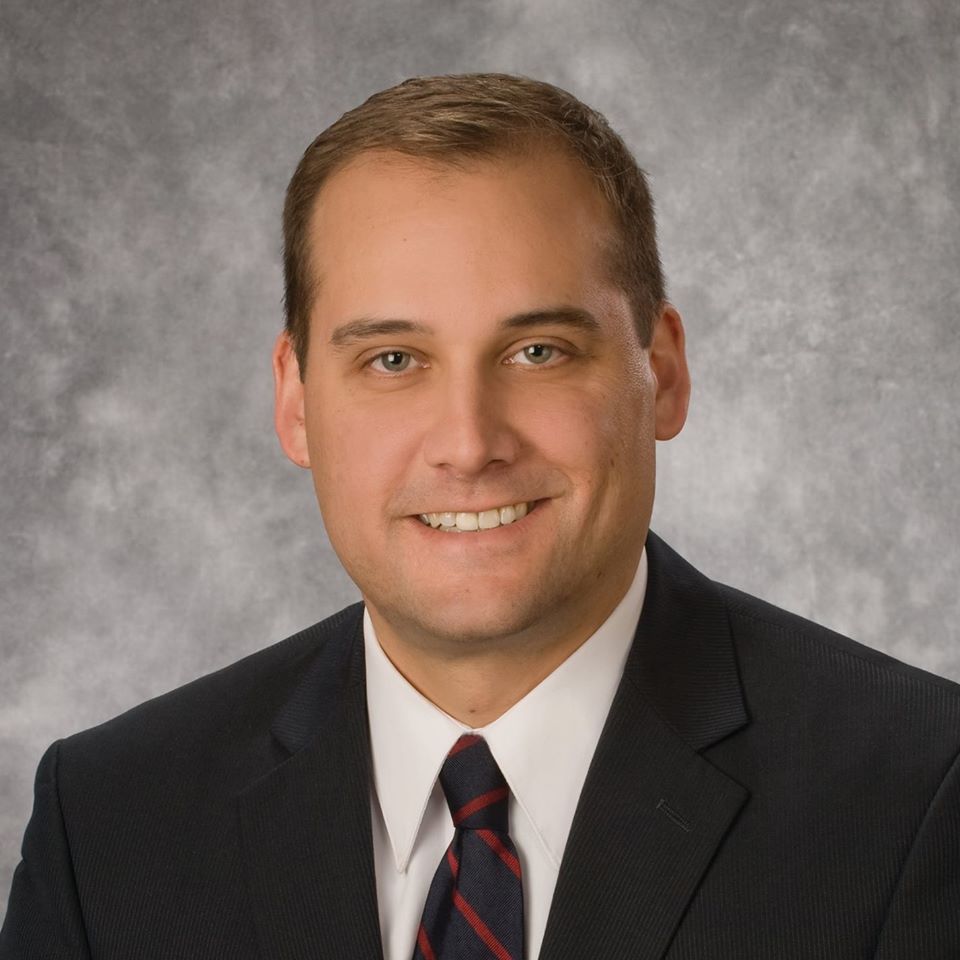HARRISBURG – Pennsylvania residents affected by the growing heroin and opioid epidemic are encouraged to join in a special Telephone Town Hall meeting, to be held at 6:30 p.m. on Tuesday, March 21 from the State Capitol in Harrisburg.
Senator Wayne Langerholc, Jr. (R-35) urges anyone touched by the crisis to call in or listen online to ask questions and receive information and support.
The event is the fifth and final tele-town hall meeting held across the state to develop effective strategies to save lives and battle addiction.
To sign up, residents may visit www.acommonwealthcrisis.com to receive a phone call a few moments before the town hall meeting begins, or by texting the keyword “talkheroin” to the number 828282. Audio streaming for the tele-town hall will also be available online.
Senator Gene Yaw (R-23) will host the event. Yaw, who chairs the Center for Rural Pennsylvania, a bipartisan, bicameral legislative research agency, will be joined by Dr. Brad Miller, program director and director of medical education at the Williamsport Family Medicine Residency at UPMC Susquehanna Health; Andy Watson, Potter County district attorney; Marie Plumer, director of the Venango County Substance Abuse Office; and Barry Denk, director of the Center for Rural Pennsylvania, to answer questions about heroin and opioid addiction and what the Legislature is doing to curb the corrosive crisis.
Nearly 3,400 drug-related overdose deaths were reported in Pennsylvania in 2015, an increase of more than 23 percent over 2014. In about four out of five of those deaths, heroin or at least one opioid was detected.
Last session, the General Assembly voted to include $15 million in the state budget to combat heroin and opioid addiction, including funds for emergency treatment and behavioral health services.
This funding is helping to open new addiction treatment centers, known as Centers for Excellence. It will also allow the state to draw down an additional $5.4 million in federal funding, for a total of $20.4 million for addiction services.
New laws have recently been passed to help save lives after a heroin and opioid overdose, and to prevent prescription drug abuse and misuse.
They include providing legal protection for witnesses, or “Good Samaritans,” who offer medical help at the scene of an overdose; allowing naloxone, a synthetic drug that blocks opiate receptors in the nervous system, to be prescribed to friends and family members of users, and to be administered by police and firefighters; limiting the number of opioids that may be prescribed by medical professionals to minors and emergency room patients; and requiring additional training in pain management and opioid-prescribing practices.
“Heroin and opioid abuse has hit the Johnstown area and surrounding regions especially hard,” said Langerholc, who led the Cambria County Heroin Task Force as an assistant district attorney.
“This explosion in opioid abuse cuts across all demographics and has cast a dark shadow over not only urban America, but rural and suburban communities as well.
“It requires a response that involves everyone, from parents and police, to doctors and educators. We need to find ways to combat this health care crisis as a community, before more lives are lost. This tele-town hall is a step in that direction.”
To listen to audio of tele-town halls held earlier in other regions, please visit www.acommonwealthcrisis.com.



